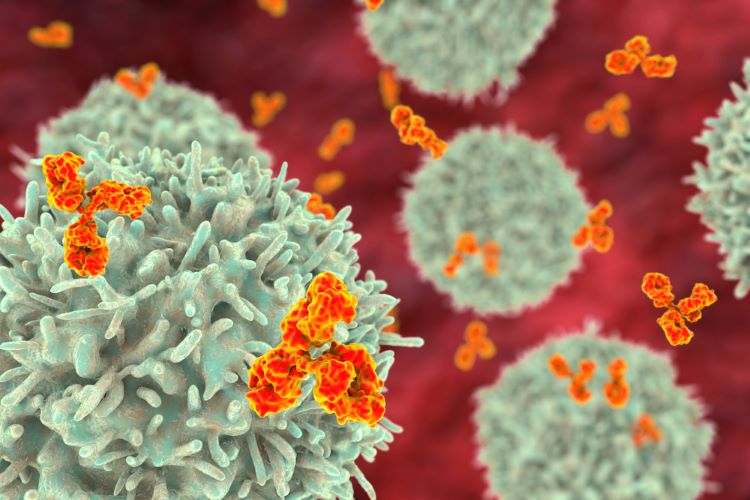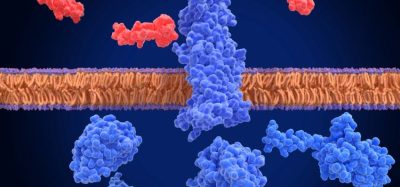MSD set to acquire novel antibody for B-cell malignancies
The next-generation B-cell depletion biologic therapy has demonstrated promise in B-cell malignancies and autoimmune diseases.
Merck (MSD outside of the US and Canada) has agreed to acquire a novel biologic for B-cell associated diseases, from the biotech Curon Biopharmaceutical. CN201 is a novel CD3xCD19-targeting T-cell-engager bispecific antibody.
Through the agreement, Merck, through a subsidiary, will acquire worldwide rights, for a total of $700 million. Curon stated that it will be eligible for up to $600 million in milestone payments for CN201.
About the bispecific antibody
CN201 is being evaluated in Phase I and Phase Ib/II clinical trials in patients with relapsed or refractory non-Hodgkin’s lymphoma (NHL) as well as relapsed or refractory B-cell acute lymphocytic leukaemia (ALL), respectively, the companies shared.
“Early clinical data have provided robust evidence for the potential of CN201 to target and deplete circulating and tissue B cells with the potential to treat a range of malignant and autoimmune diseases”
“Early clinical data have provided robust evidence for the potential of CN201 to target and deplete circulating and tissue B cells with the potential to treat a range of malignant and autoimmune diseases,” explained Dr Dean Li, President, Merck Research Laboratories.
The bispecific antibody has shown potential to generate “significant and sustained reductions in B-cell populations”. For example, the data indicates that CN201 is well tolerated and active in relapsed or refractory B-cell haematologic malignancies.
Merck highlighted that it plans to evaluate CN201 in patients with B-cell malignancies and its capability as a “novel, scalable option” in individuals with autoimmune diseases.
Closing of the proposed transaction for the bispecific antibody, as an asset acquisition, is subject to certain customary conditions. The deal is anticipated to be finalised in Q3 of 2024.
Progress in immunotherapy drug development
In June, the US Food and Drug Administration (FDA) authorised an immunotherapy combination to treat endometrial cancer. It is the first anti-PD-1 therapy approved for use together chemotherapy in adults who have primary advanced or recurrent endometrial carcinoma, regardless of mismatch repair status.










